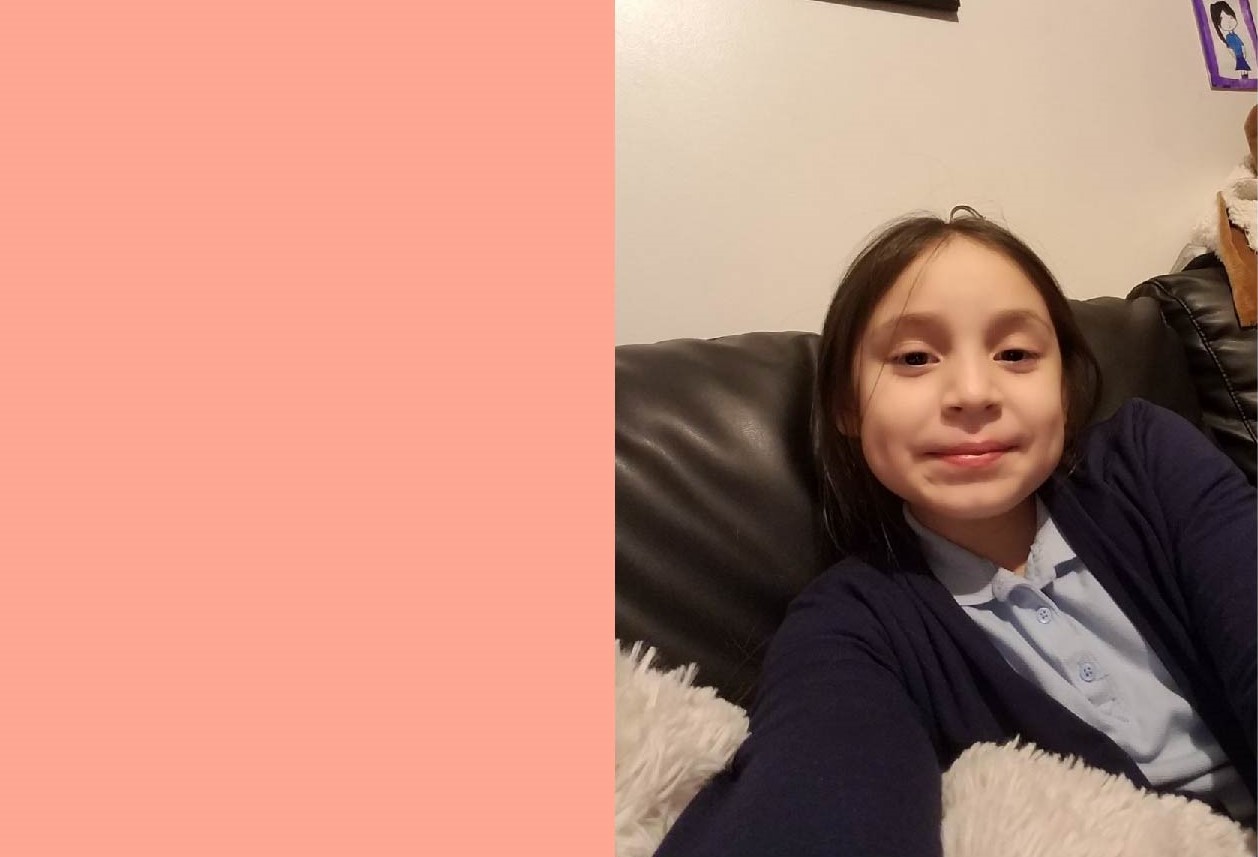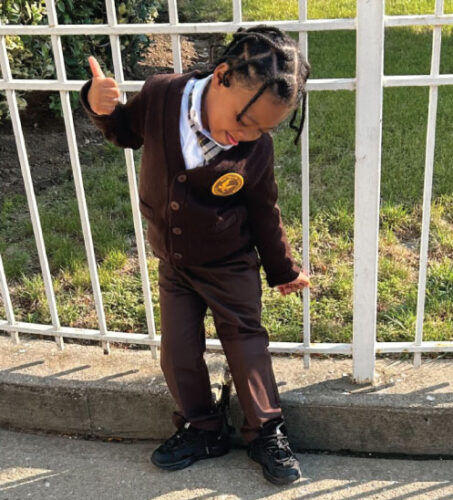When Karla S. reached out to Advocates for Children in early March, she was already at her wits’ end. Not long before the pandemic hit New York City, Karla’s daughter Abigail—a bright, sweet and friendly 8-year-old—visited a neurologist who had diagnosed her with ADHD and recommended she get additional evaluations for special education services. Karla had long suspected her daughter needed extra help at school, but when Abigail had been evaluated in second grade, the DOE had found that she didn’t meet the qualifications for any special services. For the next two years, they had continued to insist that Abi’s attention issues were just a phase and she would grow out of it. But Abigail’s grades had continued to decline, and teachers had complained of her apparent inability to keep up with schoolwork or to focus in the classroom.
When schools closed in mid-March and remote learning began, Abigail’s difficulties were instantly magnified; Karla, a single mom, found that she was spending so much time trying to keep her daughter focused on her online classes that she was at risk of losing her job. And when Karla herself became sick with COVID-19, Abi’s work took a nosedive. “For those 2+ weeks, Abi’s work really suffered,” recalls Karla. “I could not be near her and supervise her work and her work fell through. She was either not doing her assignments, submitting them incomplete, or if they were done, many of them were not done following the instructions, because I was not there to ensure she understood what was being asked of her.”
Karla asked Abi’s school if they could provide any additional supports but was told that nothing could happen without additional evaluations, and that she should email them again in September. Desperate for help and not wanting to wait another six months to get services in place to help Abi engage in her online classes, Karla called AFC’s Education Helpline.
After Karla reached out to Advocates for Children, we helped secure the thorough evaluation she had long been seeking to determine the extent of Abi’s needs. The evaluation showed that Abi did indeed have ADHD and that her difficulty focusing had been interfering with her reading and math comprehension. With this evaluation in hand, Karla and her AFC Education Advocate were able to secure a date for a meeting to develop an Individualized Education Program (IEP), where the school agreed to provide Abi with occupational therapy to help with her handwriting, speech therapy, and extra academic support from a special education teacher three times a week.
As the hybrid school year gets underway, Abi now has additional supports on the days she is back in the classroom for in-person learning, along with the extra help she needs to focus on the days she is learning at home.
“I was in over my head with figuring out ways to best support Abi. Thank God for your patience with me and for your persistence with this case. I am still amazed how the school and DOE no's turned into yes once AFC stepped in, and I am so grateful Abi will finally have the supports she needs. We are very thankful that AFC not only provided me with the knowledge I need to know, but advocated for my daughter so that she doesn't continue to fall through the cracks.”
Karla, Abigail's mother

